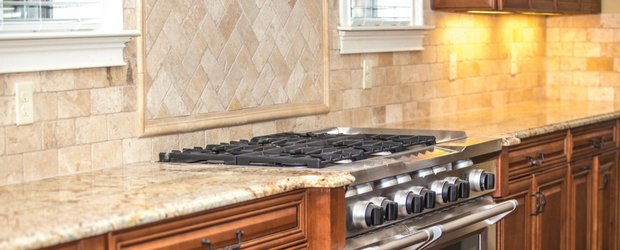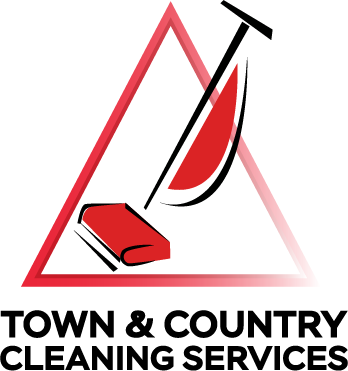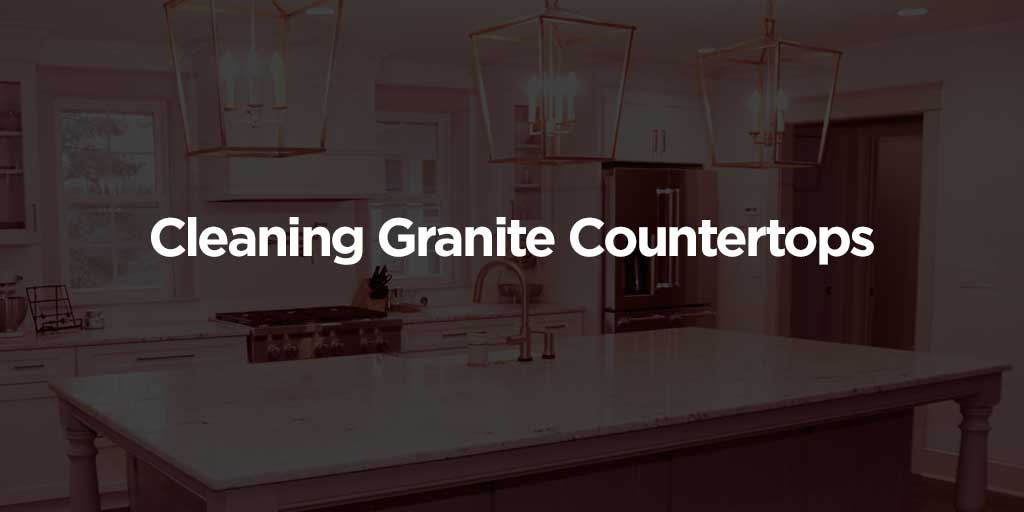Granite countertops are a beautiful and durable addition to any home. We tend to think that stone can take any abuse we can throw at them. Setting a hot pan on them won’t damage them like a laminate countertop. The hard surface is much more difficult to scratch than, say, Corian. However, they are not without weakness. One of the quickest ways to damage a granite or other stone surface is improper cleaning. To make it worse, conventional wisdom about cleaning granite countertops is often wrong! Let’s set the record straight and explore the proper way to care for your granite countertops.

Cleaning your New Granite Countertop
First things first, it’s important to understand that granite is a natural stone. Natural stone requires special care to maintain its beauty and integrity. Using harsh chemicals or abrasive cleaners can damage the stone and leave it looking dull and scratched. Because it is granite is a product of where it was taken from, there can be quite a bit of variability in it’s makeup. Additionally, some products that are sold as granite would not be called granite by a geologist. These may be a different type of stone, such as dolomite, which is calcium based like marble.
A quick Google search shows that the best way to clean a granite, or marble, countertop is to take a cloth, a little bit of warm, soapy water, and just wipe her down. Dish soap is just the right mild cleaner for the job…or is it?
As it turns out, NO! This is actually terrible advice! But why is it so bad?
Dishwashing liquid can help get soil into solution. However, a wet cloth cannot absorb the dirty solution. It merely moves the dirt around. Have you ever noticed swirl marks on the counter after it has dried?
This is far from the only issue.
Gritty, Granite Counters?
Have you ever noticed how many granite countertops feel gritty? No matter how well or frequently you clean them, they just feel rough and not clean.
Here’s where the dish detergent problem comes in. Most dish detergents, like most other detergents, have chelating agents in their formula. Chelating agents cause minerals to clump together. This increases the efficiency of the detergent by effectively softening the water.
The trouble is….chelating agents cannot see a difference between minerals in the water and the minerals in the stone! The result is a slight etching of the stone, causing tiny grains to break loose. This ruins that nice, smooth polished feel. Instead, you are left with a gritty, damaged counter top.
So now what?
Ok, so dish soap is bad, mmkay?
The best cleaner is a neutral pH, non-chelating cleaner. How in the world do you know that?!? Your best bet is to use a stone-specific cleaner. There are a number of good makers of stone cleaners.
Another option is to simply use a high quality microfiber cloth (and yes, the quality does matter) with plain, everyday water. And, whatever you do DON’T use a vinegar solution.
To maintain the beauty of your granite countertops, it’s also important to seal them periodically. A high-quality sealant will help protect the stone from stains and damage and keep it looking like new for years to come. Most sealants will last for several years, but it’s a good idea to reapply them every 1-2 years to ensure maximum protection.

